"Ukraine needs glorification of Bayraktar, songs about HIMARS and confidence in its victory" Frank conversation with Ukrainian writer
Caliber.Az presents an interview with the Ukrainian writer Denis Bushlatov, author of the novels "Keeper of the Abyss", "The Black Way", "Children of the Dead Dragon", etc. The novel "The One Who Does Not Sleep" formed the basis of the first audio horror series released in Russian by the Swedish publishing house Storytel. Bushlatov had numerous interviews with world horror stars. In particular, he was the first to interview Mick Garris, director of "Sleepwalkers" and "The Stand" based on the epoch-making novel by Stephen King, Lin Shaye, horror diva and star of the epic "Astral", Ryuhei Kitamura, director of "Midnight Train with Meat", and many other genre masters.
From the author: Well, what can I say, Bushlatov is a wonderful writer. And Ukraine is not a foreign country to me, and Denis is not a stranger to me. There is a war in Ukraine, an impudent, no-face enemy is ruining the once flourishing country, killing children, the elderly, and women. But both right and truth and, I think, the Lord God himself is on the side of the Ukrainians because it was not they who came to Russia, but the Russian Federation who invaded Crimea and Donbas.
- After the genocide in Bucha, does art make sense? Or does nothing but hatred and a desire for revenge make sense anymore?
- Art always imitates reality. It is also the healer of sick souls, providing solace in the darkest hours before dawn. But, of course, art will not help the executioners of Bucha. Neither can democratic values. Monsters do not have the ability to transform themselves into the righteous. Therefore, everyone who tortured children raped, and murdered women and men in Bucha must be destroyed like a rabid dog.
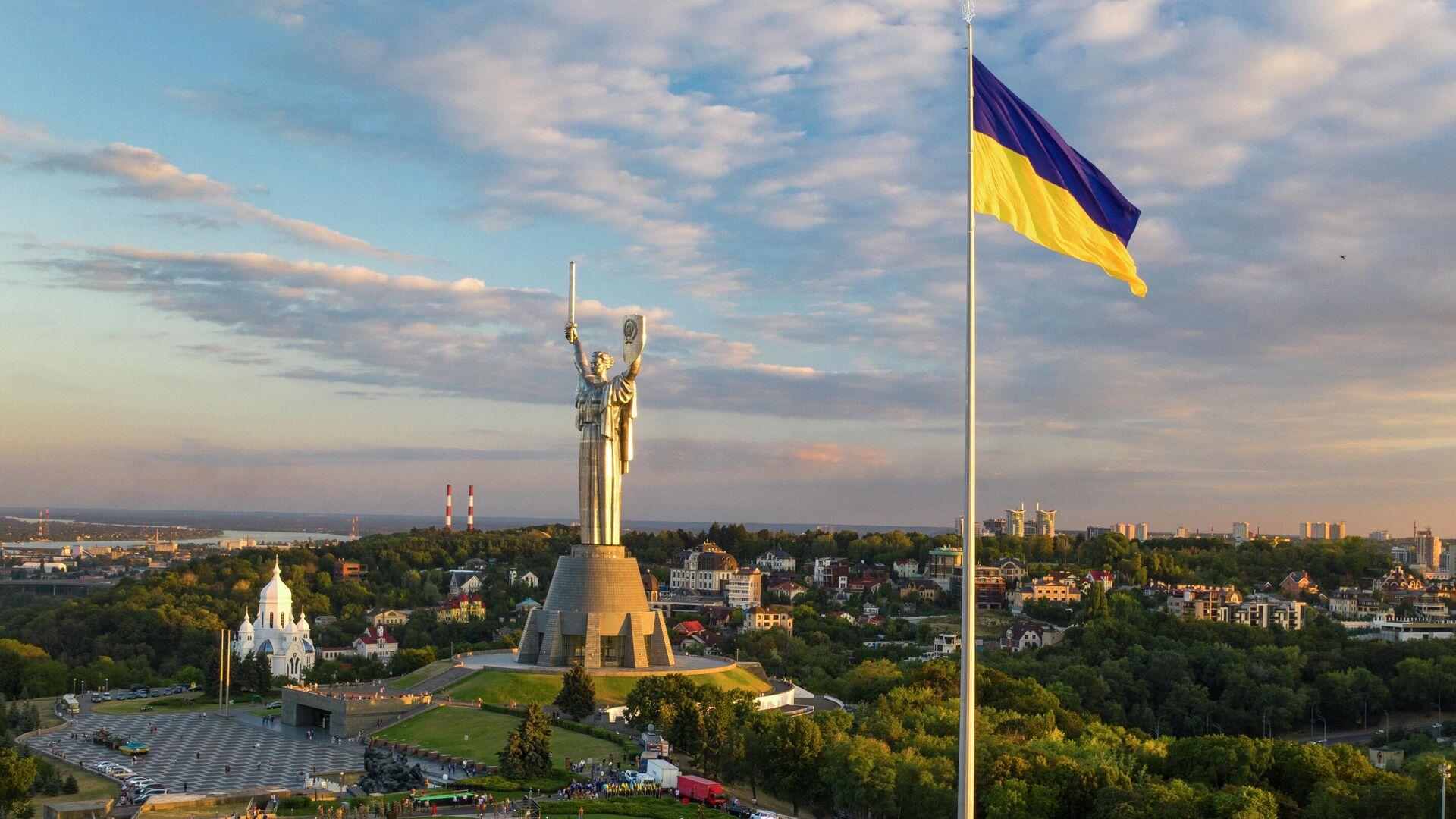
- Then the second question, which logically follows from the first: which approach makes more sense to you - to multiply hatred and revenge makes no sense, it will be a vicious circle and it can go on forever, or the answer must be so terrible, like severed and stacked heads, that the blood of the enemy freezes in his veins and he was physically afraid to raise arms in the direction of the Ukrainian? And afraid not only for himself but also for his family.
- You ask radical questions. I am not a Christian and, as a consequence, I do not believe in mercy, nor do I believe in a lion that lays down with a lamb. Russia's aims in my country are quite transparent - it is indeed an existential war, a war to the last Ukrainian. We have no time for sentiment and certainly no time for forgiveness. We are at war with a bloodthirsty ogre. In my novels, monsters often win, but for Ukraine, a victory for Russia would be tantamount to non-existence. Therefore, the enemy must be destroyed. By any means necessary.
- How did the war begin for you and your family?
- With unbelief, of course. My wife woke me up - in the darkness, Odesa was thundering and shaking with explosions. And while I was trying to convince her that it was all jokes and fireworks, a rocket flew over our house. Very low, illuminating the whole house with some otherworldly light. That sound... I heard it many times in the months that followed... You can't get used to it. After recovering a little, I called my mother and told her that the war had begun.
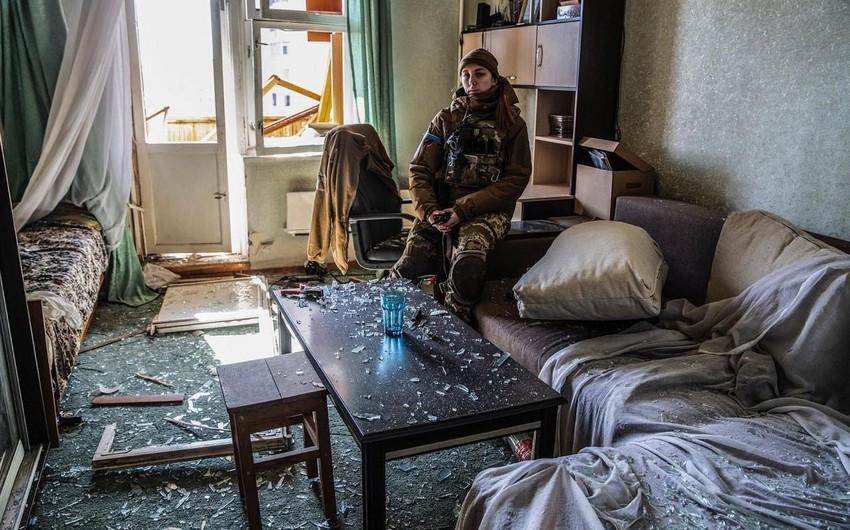
- How do you think if the writers and poets who have already passed away, Russian writers, directors, and poets, whom we have read and reread, would see from the other world what the Russian Federation is doing in Ukraine, what would be their reaction? On whose side would Shukshin be? And Vysotsky? Slutsky? Astafyev? Bondarchuk is the father?
- I'm afraid to even answer that question. De mortuis aut bene aut nihil, but there are enough living, talented and, it seems to me, sane people who support this massacre. Take for example the statement of Karen Shakhnazarov, the man who gave us "Winter Evening in Gagra" and "Zero City", about concentration camps for unruly Ukrainians! And Mikhalkov? And Dmitry Pevtsov? Vladimir Mashkov, the most talented actor, who frantically, servilely supports the invaders?! Against this background, I am glad to realize that my childhood idol, Yuri Shevchuk, did not betray the ideals that are sung in his songs, and found the strength to rebuke the supporters of the war.
- After this aggression, what does the expression "Russian culture" mean to you personally? I'm not going to talk about Dostoyevsky or Glinka, this question is more about your and my contemporaries and even our acquaintances. And I understand you perfectly - both you and all of Ukraine have the right to hate and want to distance themselves from everything Russian. Is it over? And what do you think this phrase means to other Ukrainians? Has it already become something completely unacceptable and completely alien?
- In my opinion, Russian culture has nothing in common with the panopticon and triumphalism that is going on in Russia here and now. To me, for example, the brightest representative of Russian contemporary musical culture is Vladimir Kotlyarov, the leader of the rock band Pornofilms. He is not afraid to openly confront the criminal and obscene regime. The writer and my friend Vladimir Kozlov, author of magnificent novels "Bullies", "School" and "Warsaw", fearlessly expresses his point of view. Roman Kachanov, director of such masterpieces as "Demobee" and "Down House", is not shy in his expressions. Maxim Pokrovsky and Ivan Alekseev are not afraid of bullying. However, a huge number of creative people in Russia, unfortunately, no longer exist for me.
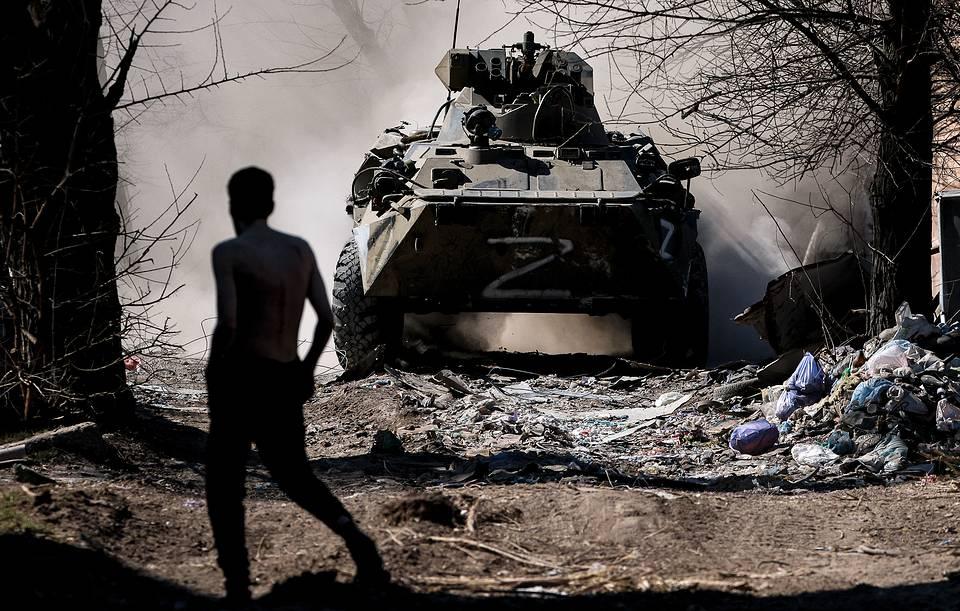
- I do not agree with the expression "hatred is unproductive." And you?
- Hatred breeds only hatred. This is an old axiom. Unfortunately, sometimes hatred is inevitable.
- Personally, I am convinced that separatists should whine and suffer, and it doesn't matter how exactly you make them do it. Are moral restrictions necessary after Bucha, after the murder of children and women, after the barbaric shelling of Kyiv, Mykolaiv, and Odesa? Or is it essential to cause harm, no matter who will and how will suffer?
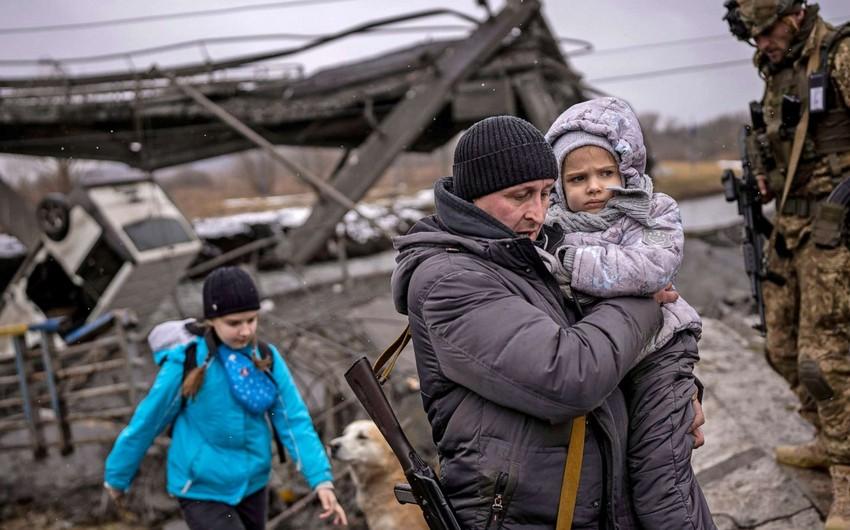
- With this kind of philosophy, we will go straight to the hell from which our tormentors came. Questions of moral law and the awareness of the superiority of morality over instinct are the privilege of our species. By practicing the animalistic theses of our enemies, we will become like them. Which does not, however, rule out that anyone who comes to us sword in hand, by the sword shall perish.
- Is propaganda in time of war (I do not mean effective propaganda, but propaganda aimed at demoralizing the enemy) a necessary thing? Which is more important: the Bayraktars or the Ehrenburgs?
- Propaganda is undoubtedly important. For the last six months, Ukraine has been living a nightmare. A huge number of people have fallen below the poverty line. People are losing their jobs, their homes, and entire families are being killed by bombing. Ukraine needs good news. Ukraine needs the glorification of "Bayraktar" and songs about "HIMARS." Ukraine needs not doubt for a second that it will win soon. By the way, the toast for the earliest victory is an obligatory first toast in our family.
- Ukraine is going through what Azerbaijan went through in the early 90s. You are in Ukraine, and answer honestly, straightforwardly, how do you feel about our experience? Do you study the reasons why we were defeated in the First Karabakh War and what led us to victory in the second war? What is an attitude to Azerbaijan in Ukraine in general? And, if you find it necessary, what do Ukrainians think of Armenia?
- You put everything under the general umbrella. I cannot judge the global, archetypal attitude of all Ukrainians to Azerbaijan and the events in Karabakh. I will only say that, to my regret and shame, until the war touched me personally, until it came to my doorstep, rattling iron and bones, I gave little thought to the events in Azerbaijan, Georgia, Yugoslavia, Transnistria... However, I could not help noticing a very obvious phenomenon: in all these conflicts Russia was involved, and where Russian troops were involved, innocent people always lost their lives. Always. This is, you could say, the signature of the Russian Federation.
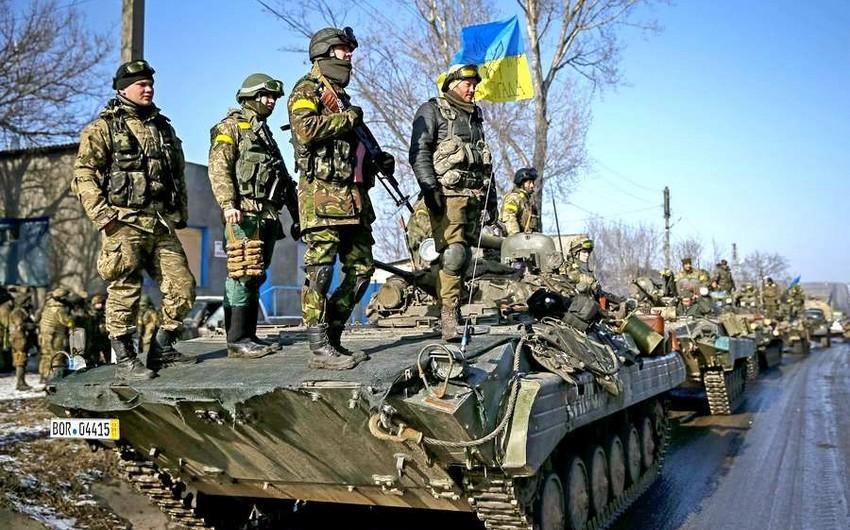
- "We were all in the same class, but why did they become the top"? Or is it the nature of any superpower (I am personally convinced of this) to break, subvert, impose its will, and sow death and destruction around it?
- They did not become the top. On the contrary, the clique that now reigns in power are the hooligans from the last desk, losers, people obsessed with an inferiority complex, and this psychosis they have inflated to the level of truly great power. The whole country is mentally ill. It's worth realizing this, and all the other questions about the reasons for Russia's aggressive, cannibalistic policies disappear.
- Is the hatred of so many Russians toward Ukraine envious of the fact that you are freer and can not only die but also live? Or is it just a silly and unsubstantiated belief that Ukrainians are "prodigal children of Russia who must return to it?" What is it? Is it the power they have or is it society?
- In the words of Merovingian from "The Matrix": "You are here because you were told so. You are here because you were sent here. You were told to come here, and then you obeyed." Most of those who rave about the "Nazis," who believe in biologically modified geese, NATO bases in Ochakov, and plague laboratories in Odesa, do not think about the absurdity of the above-mentioned pseudo-theses due to a deep-rooted aversion to the process of thinking. The average Solovyov fan does not live, but exists, dragging himself from cradle to grave, occasionally allowing himself a trip to Türkiye and falling into alcoholic marasmus already on the plane. They are the children of concrete boxes and rotten Khrushchev houses. The world has passed this period and moved on, leaving the aftermath in the form of these subhumans in human form. They don't care who they hate. If tomorrow, their leaders proclaim Belarus as a power confessing human sacrifice and coprophagy, they will start hating Belarusians. These, so to speak, citizens dance solely under orders. Their "five minutes of hatred" have become a way of life that would horrify old Orwell. Unfortunately, this postulate excludes the possibility of healing after Russia's defeat in the war.
- Someone made a very good point that Ukrainian nationalism is the desire to sing its own, Ukrainian songs, while Russian nationalism is to silence everyone or sing only at Russian order. What is Ukrainian nationalism and nationalism in general to you? Is it good or is it bad?
- Nationalism is the love of one's homeland. To its national history. To its traditions and customs. It is sometimes an irrational passion to live and create on one's own land and the hope that one day a garden city will blossom on this land.
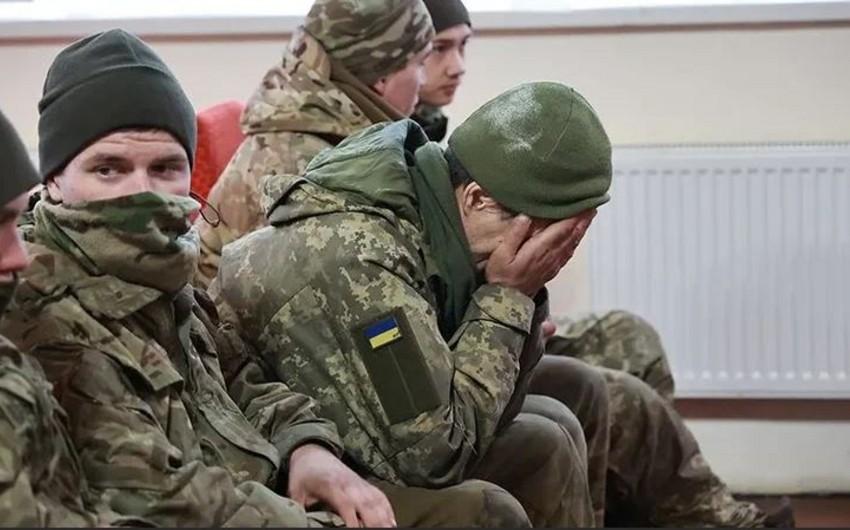
- "Devolution" is a creepy thing, and I thought the wordplay in the title was good. Don't you think that you, should I put it more politely, didn't just foresee this thing that was coming to Ukraine, but felt it or something (this is my personal feeling)... and what was your point of reference? Or who? Personally, I was hooked by the fact that only Dunyasha knew the truth, which is why she howled. And what is the most valuable thing in this work for the author?
- Unfortunately, the most valuable thing in this collection is its realism, despite the surrealism of most of the stories. In particular, the story "Vasya", dedicated to the hatred of the Russian philistine against all other humans, has already come true. But the hooligan one-act play "The Hunt for Moskal" is only destined to come true. But the process has started. Annushka has already spilled the oil.
- Thanks for the answers, Denis. You and I will definitely see each other in blooming, separatist-free Ukraine and in Azerbaijan, no less blooming and free of them, and we will talk about everything in real life. Ukraine is not just sure to withstand, Ukraine is sure to win. Glory to Ukraine!








